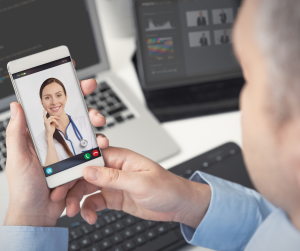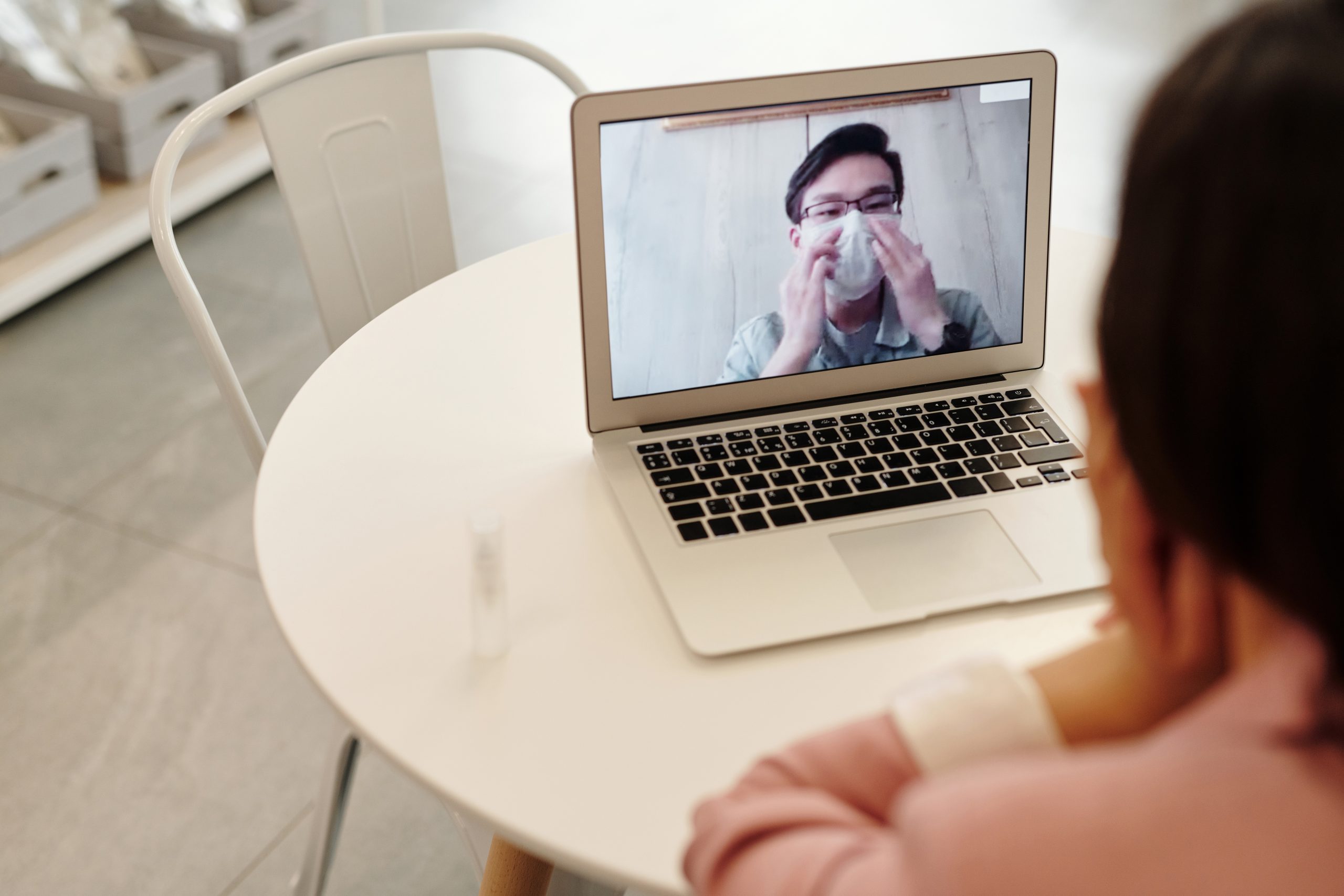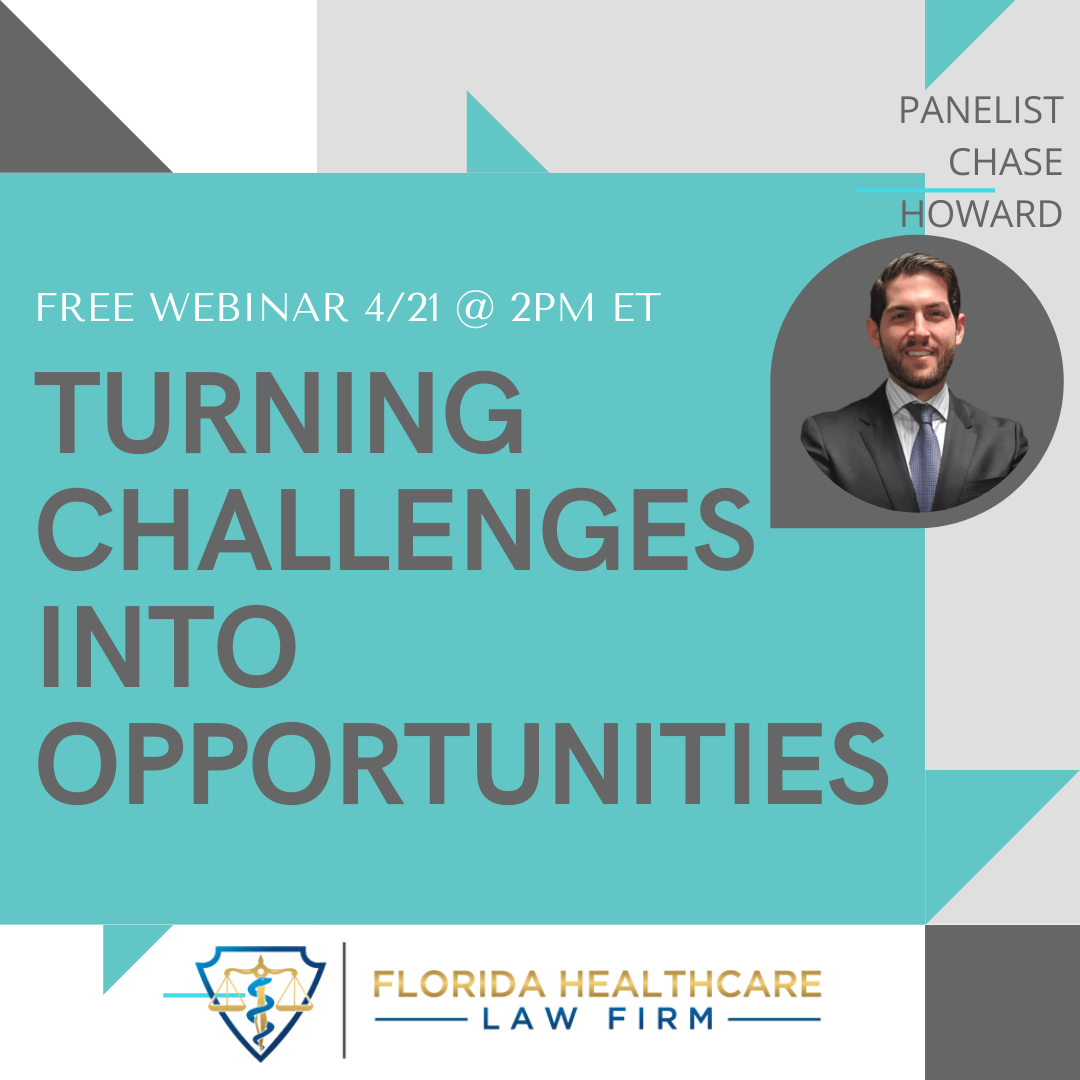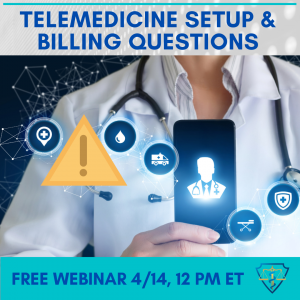 By: Susan St. John
By: Susan St. John
In my last post, I promised to keep you updated as to any new orders from the State Surgeon General that would further extend a practitioner’s ability to prescribe refills of non-malignant pain controlled substances using telehealth communications, or a qualified physician’s ability to recertify an existing qualified patient’s use of medical marijuana. The Surgeon General has extended the ability to continue assisting patients with these specific needs (as well as other needs) until May 31, 2020, through the issuance of Emergency Order 20-007 on May 9, 2020.
Keep in mind, that to prescribe a refill of a controlled substance for chronic non-malignant pain, the practitioner must be an MD, DO, APRN, or PA licensed in Florida and designated as a controlled substance prescribing practitioner. Further, to prescribe such controlled substances using telehealth communications during this public health emergency, the patient must be an existing patient of the prescribing practitioner.Continue reading



 By:
By: 
 By:
By: 
 Florida Healthcare Law Firm is offering advisement by way of
Florida Healthcare Law Firm is offering advisement by way of 
 By:
By: 
 By:
By: 

 By:
By:  Just the other day CMS issued new rules and temporary waivers to help combat the COVID pandemic. We are getting flooded with questions about
Just the other day CMS issued new rules and temporary waivers to help combat the COVID pandemic. We are getting flooded with questions about 
 By:
By: